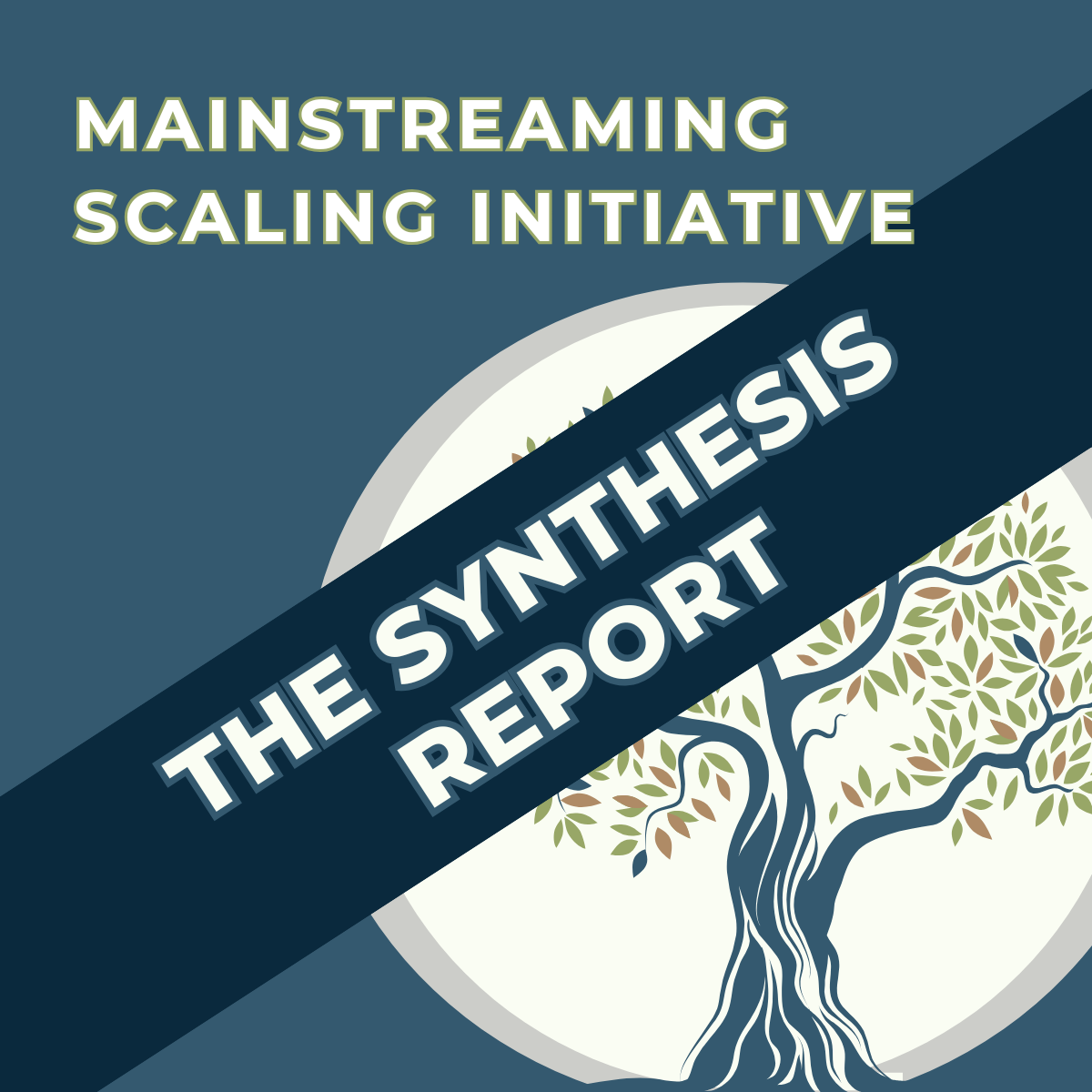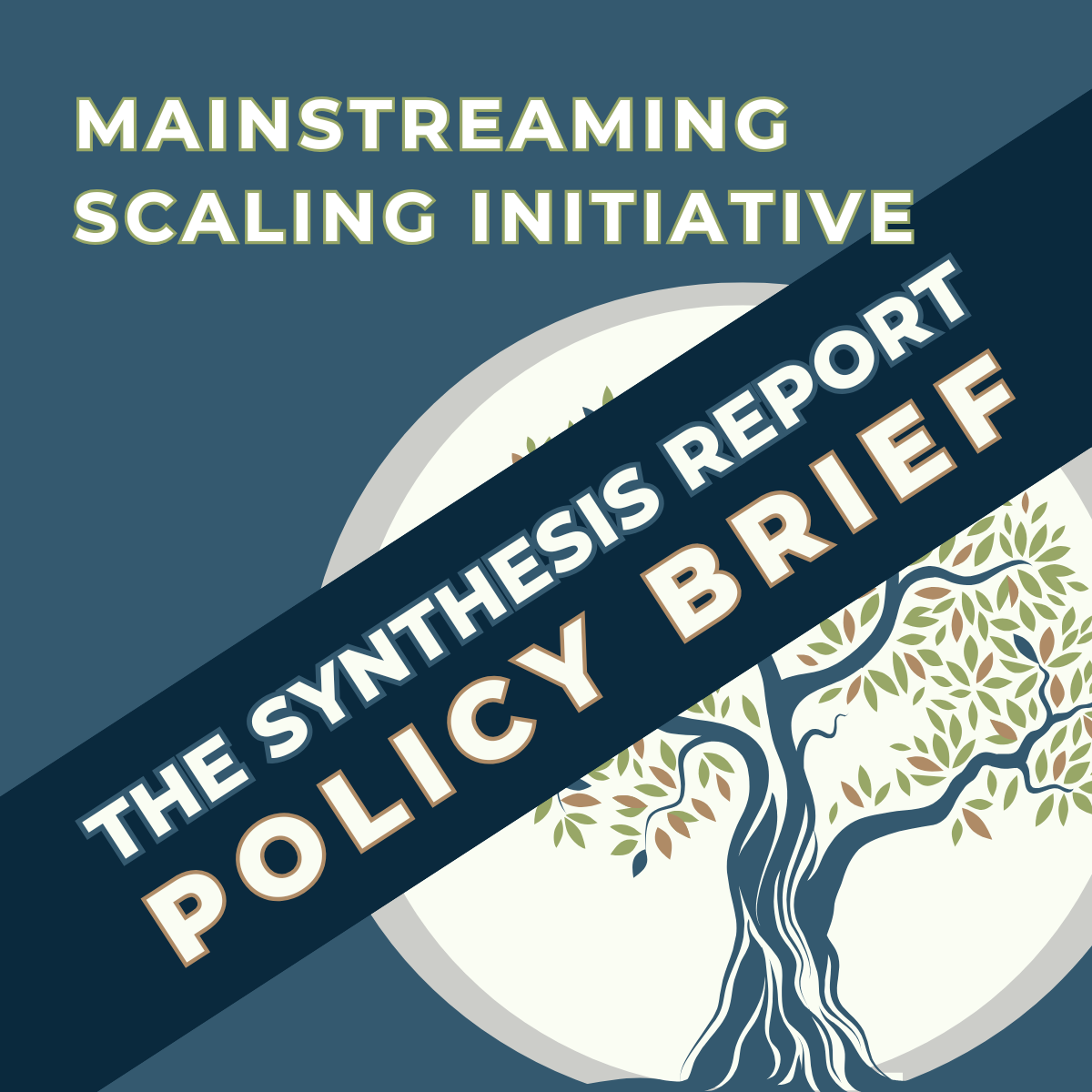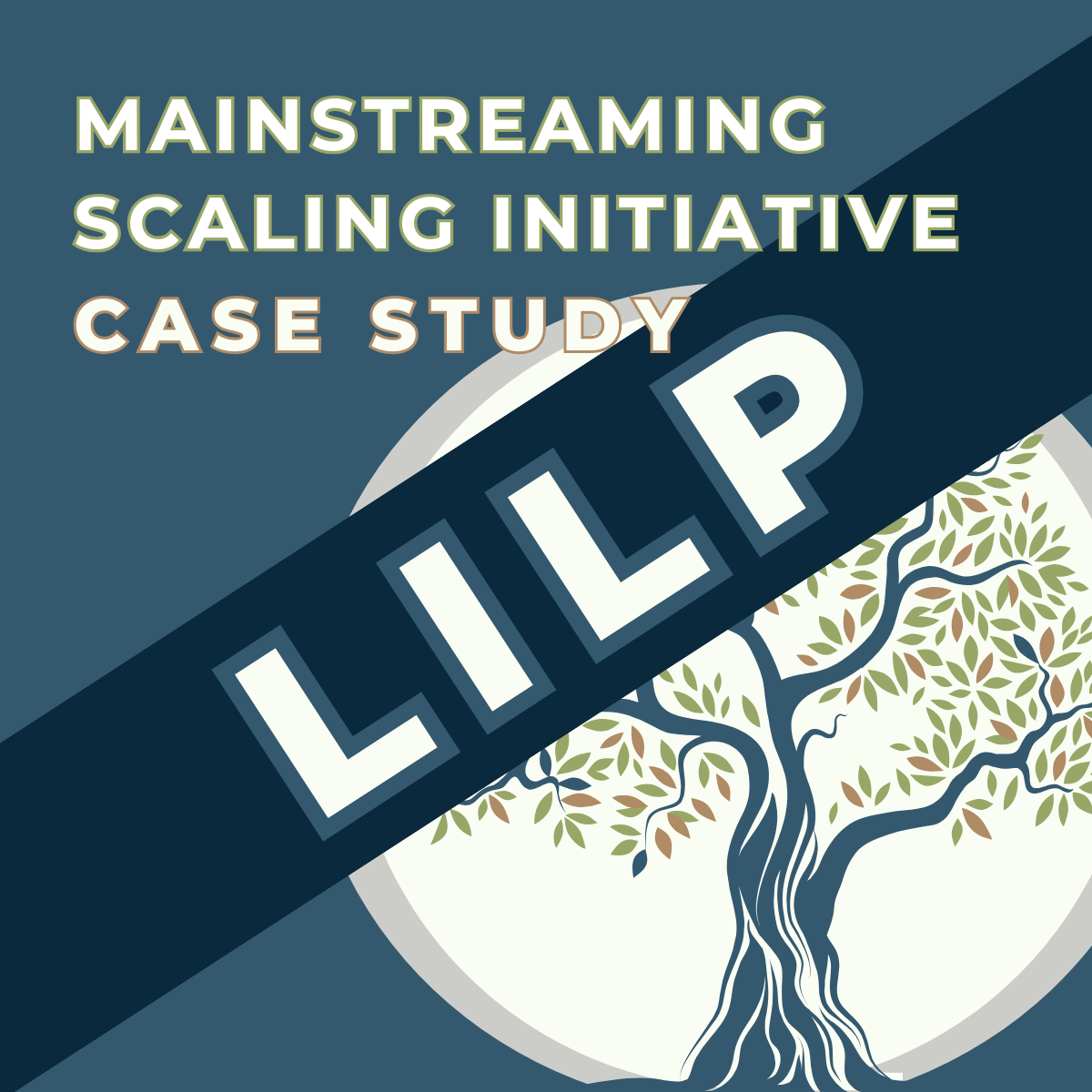By The Education Partnership (TEP), February 2020
As with most of sub-Saharan Africa, the education sector in Nigeria faces a number of challenges. With over 10.2 million out of school children, insufficient teachers, low learning outcomes, and complexities in basic education policies, Nigeria lags behind in achieving its development potential. The government alone is unable to meet the learning needs of all its citizens, and without the support of innovative education interventions, the vision of sustainable and inclusive learning opportunities is further removed from Nigerians.
In 2015, The Education Partnership (TEP) Centre implemented a pilot survey of Nigeria’s first citizen-led household assessment of learning, LEARNigeria.
LEARNigeria evolved as a result of lingering concerns about the poor learning outcomes of Nigerian children, and the reality that education stakeholders were not being held adequately accountable. LEARNigeria asserts that through rigorous collection of empirical data on foundational literacy and numeracy skills of children aged 5-18 years, the country can generate evidence which can inform targeted interventions and early course correction.
Contrary to the idea that once a concept is proven, it can automatically be replicated, the LEARNigeria project was anchored on a systematic approach to scaling up. Drawing from the ExpandNet framework, this approach to scaling emphasizes the stock-taking of varied factors that shape successful outcomes.
The LEARNigeria pilot was carried out in two local government areas (LGAs) – Ikorodu (Lagos) and Ungogo (Kano) with 969 children surveyed. Following the successful pilot, the survey was replicated in 36 LGAs in six states (Lagos, Kano, Taraba, Plateau, Ebonyi, and Akwa Ibom) in 2017, reaching over 49,000 children aged 3-15 in over 21,000 households across the six geopolitical zones in the country.
Additionally, LEARNigeria expanded vertically by facilitating public-private partnerships with relevant stake-holders including: The Ministry of Education (Federal and State), State Education councils, Government Agencies, Academics, Teachers, and International experts.
The evolution of LEARNigeria into a multi-pronged program has provided the following insights:
- Building consensus between key private and public sector stakeholders in project design will aid the implementation and scaling of the project.
- In planning for scale up, emphasis should also be placed on planning for extensive monitoring and evaluation.
- Engagement with local and state government authorities is as important as engagement with the federal government.
- Partnerships with community or state-level organizations are important for acceptance and ownership of the program at the community level.
In sum, the growth of the LEARNigeria program shows that scaling up is best achieved and sustained when program design is inclusive and participatory, and when there is consensus on the vision for scale. In 2020, LEARNigeria will be scaled to reach an estimated 100,000 children across Nigeria. For more information on the LEARNigeria program, please visit www.learnigeria.org.
Contact: Layo Olumide layo.olumide@tepcentre.com


